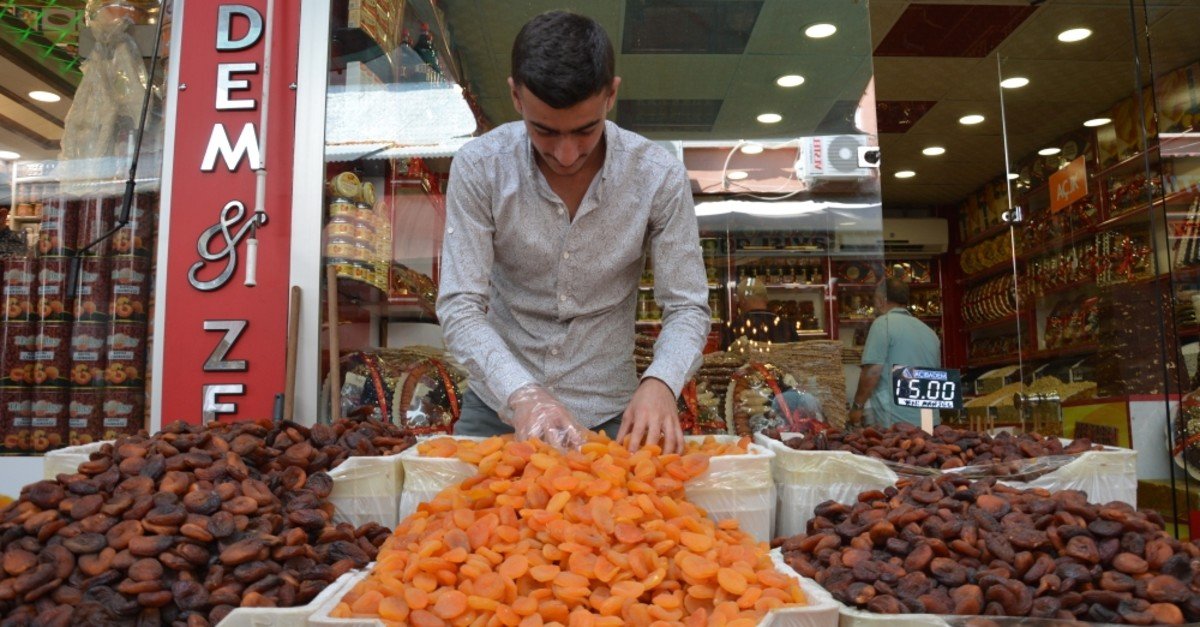Malatya, a city nestled in eastern Turkey, is celebrated for its rich agricultural heritage. The region’s fertile soil and favorable climate have long supported a diverse range of crops, making it an agricultural hub. Among its many agricultural products, Malatya is particularly famous for its apricots, which are esteemed worldwide for their exceptional quality. This article delves into the key agricultural products of Malatya, with a special focus on its apricot production.

The Climate and Soil of Malatya
Malatya’s geography and climate play a crucial role in its agricultural success. The region enjoys a continental climate with hot, dry summers and cold, snowy winters. These climatic conditions, combined with fertile alluvial soils and adequate irrigation from the Euphrates River and its tributaries, create an ideal environment for farming. The variations in temperature between day and night, especially during the growing season, contribute to the unique flavor and quality of Malatya’s produce.
The Crown Jewel: Malatya Apricots
Apricots are synonymous with Malatya. The city is often referred to as the “Apricot Capital of the World,” and for good reason. Malatya produces about 85% of Turkey’s apricots and a significant portion of the world’s dried apricots. The region’s apricots are known for their sweetness, vibrant color, and superior quality.
Cultivation and Harvesting
Apricot cultivation in Malatya is a time-honored tradition, passed down through generations. The apricot trees bloom in early spring, creating a stunning spectacle of pink and white blossoms. By late June to early July, the fruits are ready for harvest. The harvesting process is labor-intensive, requiring careful handling to ensure the delicate fruits are not damaged.
Drying Process
One of the key factors that set Malatya apricots apart is their drying process. Most of the apricots are sun-dried, a method that has been used for centuries. The fruits are laid out on large drying platforms, where they bask in the sun for several days. This natural drying process not only preserves the apricots but also concentrates their sugars, enhancing their sweetness.
Economic and Cultural Impact
Apricots are not just a crop in Malatya; they are an integral part of the local culture and economy. The apricot industry provides livelihoods for thousands of families and contributes significantly to the region’s economy. Festivals celebrating the apricot harvest, such as the Malatya Apricot Festival, highlight the cultural importance of this fruit. These events feature traditional music, dance, and various apricot-based products, from jams and marmalades to dried apricots and apricot kernels.
Other Key Agricultural Products
While apricots are the star, Malatya’s agriculture is diverse. The region produces a wide variety of fruits, vegetables, and grains.
Fruits
In addition to apricots, Malatya is known for its apples, grapes, and cherries. These fruits thrive in the region’s climate and are highly valued both locally and in export markets.
Vegetables
Malatya’s fertile soils support the cultivation of various vegetables, including tomatoes, cucumbers, peppers, and eggplants. These vegetables are staples in the local diet and are often grown in family gardens as well as commercial farms.
Grains and Legumes
Wheat and barley are the primary grains grown in Malatya. These cereals are essential to the region’s agriculture, providing food for the local population and feed for livestock. Additionally, legumes such as lentils and chickpeas are commonly cultivated, contributing to the diversity of the region’s agricultural output.
Sustainable Agriculture Practices
In recent years, there has been a growing emphasis on sustainable agriculture in Malatya. Farmers are increasingly adopting practices such as crop rotation, organic farming, and efficient water use to ensure the long-term viability of their farms. These practices not only help preserve the environment but also improve the quality and yield of the crops.
Conclusion
Malatya’s agricultural landscape is a testament to the region’s natural bounty and the hard work of its farmers. The city’s apricots, celebrated for their unrivaled quality, are the crown jewel of its agricultural output. However, the diverse array of fruits, vegetables, and grains also plays a vital role in sustaining the local economy and culture. As Malatya continues to embrace sustainable practices, its agricultural heritage promises to thrive for generations to come.

